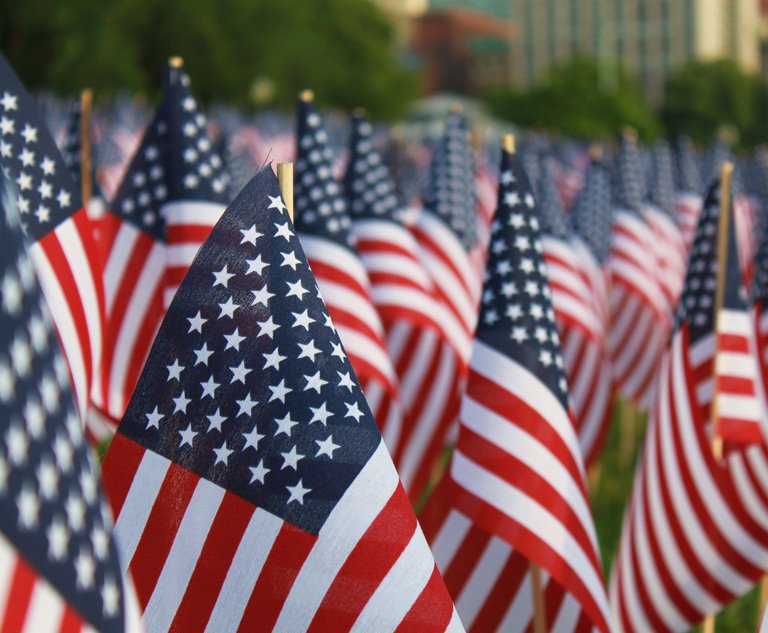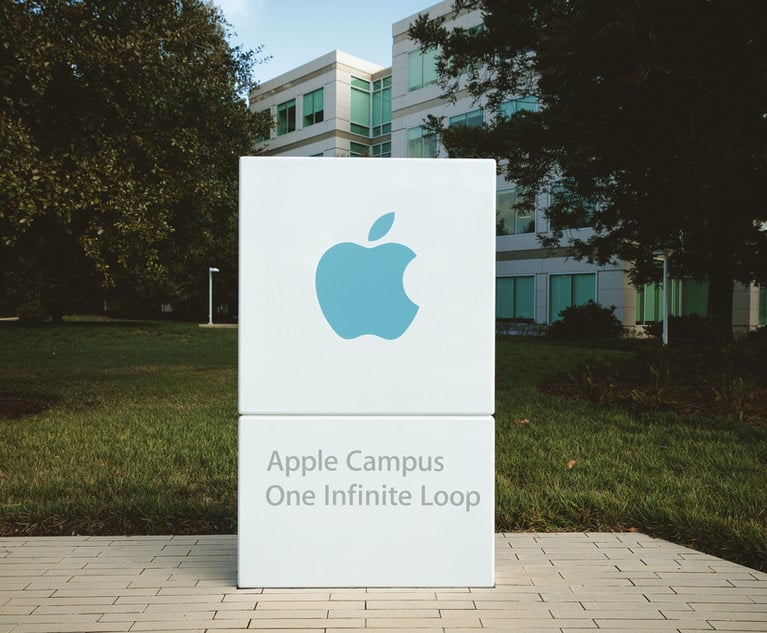Did you know that the University of California, Los Angeles conducts an annual survey of incoming college students titled, “The American Freshman: National Norms.” The student is asked to rank life goals from “not important” to “essential.” The 1969 freshmen entering college were most interested in “developing a meaningful philosophy of life” (85% said it was “essential” or “very important”). “Raising a family” achieved 73%, while the interest of 69% was in “helping others.” However, by 1989 a new goal had appropriated the top position and has remained at or near the top ever since. Money matters most. In fact, the No. 1 goal of the class of 2023, as stated by more than four out of five students, is to be “very well-off financially.” This change in attitude from 1969 to 2023 is spelled out by Michael Mechanic in his book, “Jackpot,” but that is not the purpose of this essay. This essay addresses the simple fact that many, if not most of us, are unlikely to have enough time on the Fourth of July to “burn firecrackers,” much less craft a meaningful philosophy of life as the 1969 freshmen set out to do. After all, how would a philosophical approach to the practice of law affect our bottom line? It seems like a waste of time. But is it?
Moreover, is it also coincidental that, based upon recent data, attorney well-being is at an all-time low? The survey suggests that we are overwhelmed, overstressed and afflicted with what many describe as “busyness.” Our response to “how’s it going?” is often a sarcastic “living the dream!” Our reasons for becoming a lawyer have been overshadowed by our immediate concerns and responsibilities, which can best be summarized as “making a living.” This drive coupled with the ever-present scoreboard (a figment of our collective imagination as to whether we are winning or losing) seals our fate. However, what if there was a bigger picture that could meaningfully connect us to why we became lawyers in the first place?


 Steven Bognar/Shutterstock.com
Steven Bognar/Shutterstock.com




